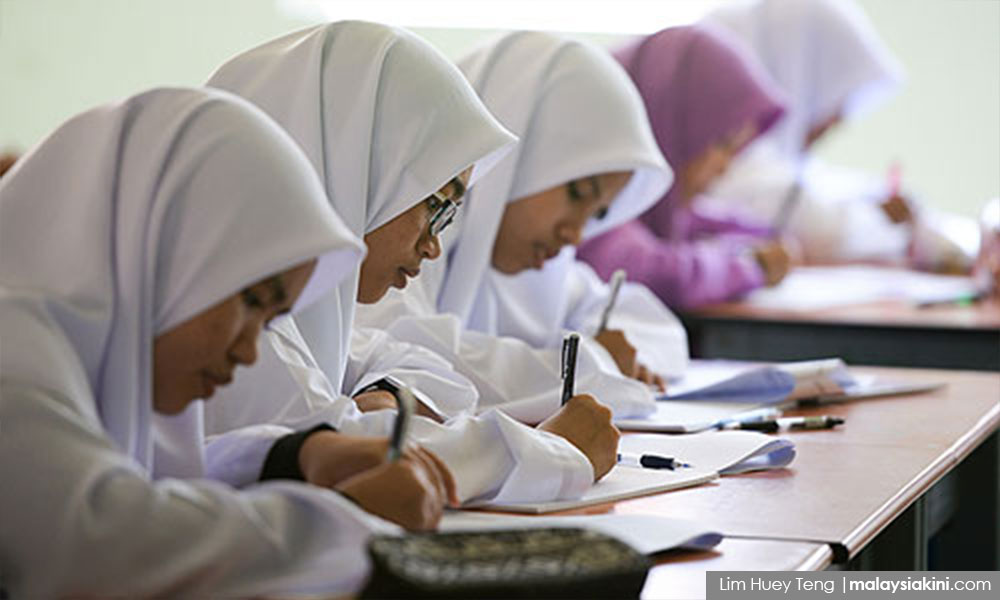The Education Ministry has already taken steps to reform the national education system, ahead of a World Bank report highlighting its shortcomings, its minister Fadhlina Sidek said today.
Aside from the World Bank report, people can also view the annual reports from the Malaysia Education Development Plan, she said.
“A large part of the report shows the successes and progress of what we (at the ministry) are doing and the issues that the ministry is handling,” she said at a press conference after an event at Universiti Putra Malaysia this morning.
The report titled “Bending Bamboo Shoots: Strengthening Foundation Skill” revealed that Malaysian students are not getting adequate education despite spending more time in school and having a higher national education budget compared to similar countries.
The report revealed 42 percent of Malaysian students failed to achieve proficiency in reading by the end of Year 5.
This is higher than other countries with similar gross national income per capita, which have a failure rate of 34 percent.
The document emphasised that this problem is particularly acute among economically disadvantaged children, with 61 percent falling below proficient levels.
The report said although Malaysian children spend 12.5 years in school, it is only equivalent to 8.9 years of learning.
‘Proactive and progressive’
Fadhlina said the ministry has established committees to oversee issues and to implement educational reform.
“So everything I mentioned earlier and the issues raised in the report have actually been dealt with at ministry level in a proactive and progressive manner,” she said.

This includes the increase of preschools at the ministry’s institutions, the implementation of Science, Technology, Engineering and Mathematics culture in schools, the empowerment of the Malay and English languages, and Technical and Vocational Education and Training programmes.
“We will continue to work hard to ensure that all committees move forward and we will achieve the standard and quality of education that we want,” she added.
The report attributed the poor learning outcomes to inadequate early childhood education, inconsistent teacher preparedness and dedication at the primary level, and a lack of adherence to policy-guided teacher performance management.
It showed that despite increased preschool enrolment, challenges still stood in the way of achieving universal access.
These included limited awareness about the benefits of preschool education, inadequate availability of preschool facilities in areas with high demand, and concerns related to affordability. - Mkini



No comments:
Post a Comment
Note: Only a member of this blog may post a comment.